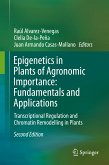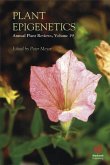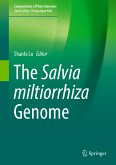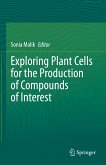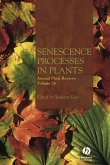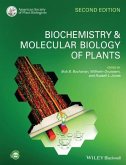Over the past decades, chromatin remodelling has emerged as an important regulator of gene expression and plant defense. This book provides a detailed understanding of the epigenetic mechanisms involved in plants of agronomic importance. The information presented here is significant because it is expected to provide the knowledge needed to develop in the future treatments to manipulate and selectively activate/inhibit proteins and metabolic pathways to counter pathogens, to treat important diseases and to increase crop productivity. New approaches of this kind and the development of new technologies will certainly increase our knowledge of currently known posttranslational modifications and facilitate the understanding of their roles in, for example, host-pathogen interactions and crop productivity. Furthermore, we provide important insight on how the plant epigenome changes in response to developmental or environmental stimuli, how chromatin modifications are established and maintained, to which degree they are used throughout the genome, and how chromatin modifications influence each another.
Dieser Download kann aus rechtlichen Gründen nur mit Rechnungsadresse in A, B, BG, CY, CZ, D, DK, EW, E, FIN, F, GR, HR, H, IRL, I, LT, L, LR, M, NL, PL, P, R, S, SLO, SK ausgeliefert werden.



